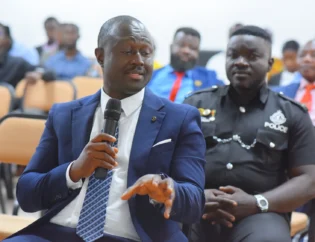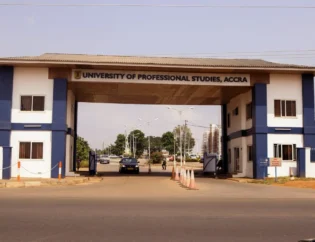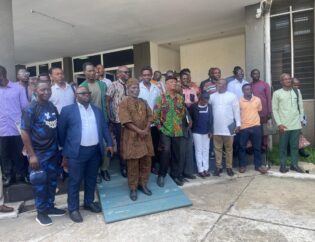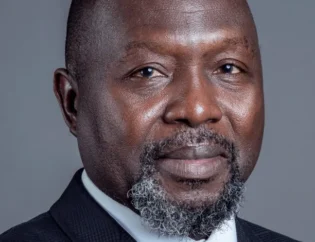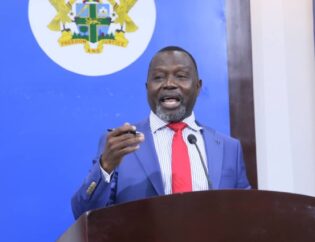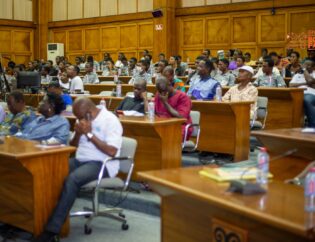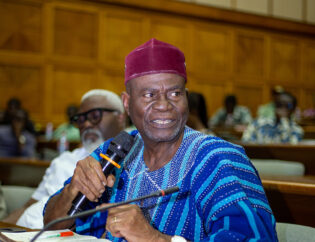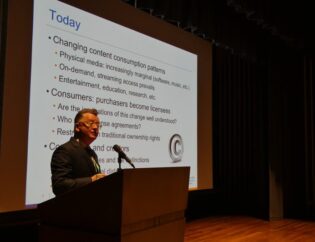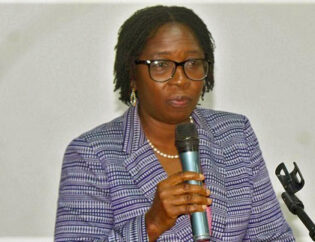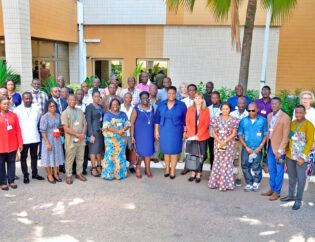
In collaboration with its partners, the International Federation of Reproduction Rights Organisation (IFRRO) and the World Intellectual Property Organisation (WIPO),CopyGhana as part of efforts to sensitize rights owners and users, organised a nationwide sensitization workshops in Accra on the 9th of August, Tamale on 13th August, Kumasi on 15th August, and concluded in Cape Coast on 22nd August.
As part of topics discussed, His Lordship Justice Poku Adusei, a Justice of the Court of Appeals, delivered an extensive presentation on the topic "Collective Licensing and the Copyright Laws of Ghana." In his presentation, he emphasized that copyright is a private right that generally requires enforcement through the private efforts of rights holders. However, he acknowledged that achieving this can be challenging for individual authors, especially in the digital age, where works can be accessed and reused across multiple jurisdictions.
Given this scenario, Justice Poku Adusei highlighted the necessity of establishing Collective Management Organisations (CMOs) like CopyGhana, which are mandated by law and possess the requisite global network and expertise to monitor the use of copyright-protected works. According to the learned judge, CMOs help ensure that creators are fairly compensated for the use of their works, whether through photocopying or digital usage within educational, research, and corporate institutions.
Quoting the Publishers’ Licensing Service (UK), His Lordship further stated, “Collective licensing is a simple way to manage the reuse of extracts of published copyright material. Not only is this method efficient, but it also serves as a cost-effective means of satisfying both users of copyrighted content and rights holders.”
Justice Poku Adusei underscored that Section 49 of the Ghana Copyright Act 2005 (Act 690) legally mandates CopyGhana, as a duly accredited CMO, to act on behalf of rights owners in collecting and distributing royalties and other remuneration due to them. He also pointed out that under the Copyright Regulations 2010 L.I. 1962, Regulation 29, CopyGhana, either independently or in collaboration with other law enforcement agencies, has the authority to seize works that infringe on the copyrights of its members, apprehend offenders, and initiate legal action against them.
Addressing the issue of how reprographic fees are determined, he explained that Regulation 37A of the Amended L.I. 2469 grants a literary reproduction rights society like CopyGhana the authority to determine fees for photocopying and digital copying of copyrighted works in educational institutions and any other entities where literary works are regularly reproduced.
The Appeals Court Judge also shared an anecdote from his early days in law school, when there were insufficient copies of books available, prompting students to make photocopies to access necessary course content. He noted that similar practices persist in tertiary institutions today. Given the rampant and substantial nature of photocopying and digital copying, which cannot be classified as fair use, he argued that it is essential for educational institutions to sign licensing agreements with CopyGhana and pay an annual blanket fee. This fee would cover all students, librarians, and staff who use extracts of copyrighted works in their duties.
In explaining why educational institutions cannot shirk the responsibility of paying CopyGhana fees, Justice Poku Adusei pointed out that as long as lecturers use extracts of copyrighted works to develop lecture slides and course packs, and institutions establish photocopier units in their libraries or rent spaces to private individuals to run copy shops, they contribute to copyright infringement. He emphasized that even though academic institutions often subscribe to e-resources, it is impossible to access all materials needed by students and lecturers through these platforms alone. Therefore, obtaining a reprographic license from CopyGhana and paying the nominal blanket fee is a prudent backup measure to avoid copyright violations. He further stressed that copyright is a private right backed by statutory law, specifically the Copyright Act, which was enacted by the Parliament of Ghana. Consequently, public tertiary institutions cannot use parliamentary approval of fees as an excuse to violate the Copyright Act.
CopyGhana is a Collective Management Organisation (CMO) approved by the Ministry of Justice and the Attorney General’s Office to manage the collective rights of text and image-based copyright owners. In fulfilling its role, CopyGhana serves the interests of both users of copyrighted works by making such works available under a regulated framework and rights owners by distributing royalties to them. Since its establishment in 2011, CopyGhana has collected and distributed about GHC 10 million, as royalties, with 65 tertiary education institutions licensed.
